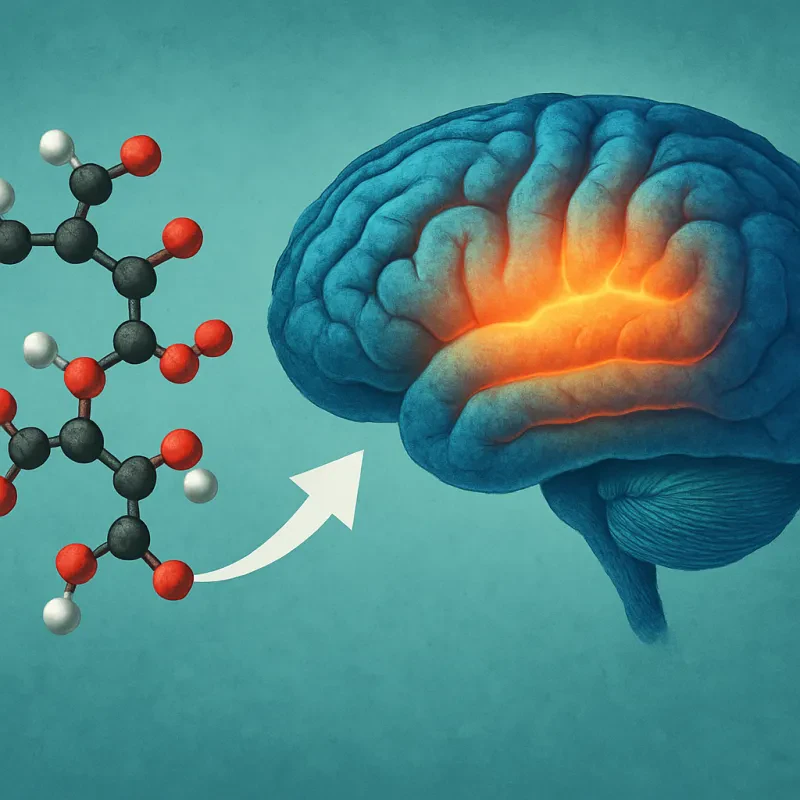DAO deficiency, or Diamine Oxidase deficiency, occurs when the body doesn't produce enough of the enzyme necessary to break down histamine. This can lead to a buildup of histamine in the body, causing a range of uncomfortable symptoms. If you’ve ever experienced headaches, digestive issues, or skin reactions, you might want to understand more about this condition.
Many people might not realize they're dealing with DAO deficiency. Symptoms can vary widely, making it tricky to identify. You might notice problems like bloating, abdominal pain, or even a runny nose after consuming certain foods. If you've been feeling off and can't pinpoint the cause, it could be a sign that your body isn’t breaking down histamine properly.
How do you find out if DAO deficiency is the culprit behind your symptoms? It typically involves tracking your food intake and the symptoms you experience. Keeping a diary can help you spot patterns that point towards histamine intolerance. It’s always best to consult with a healthcare professional who can provide guidance on proper tests and support.
Treatment options for managing the symptoms of DAO deficiency and treatment can be straightforward. Many people find relief by making dietary changes to avoid high-histamine foods. This includes fermented items, certain cheeses, and processed meats. Additionally, some supplements specifically designed to boost DAO levels can also help alleviate symptoms. Investing a little time in understanding your body can make a significant difference in how you feel.
Common Symptoms to Look For
When it comes to understanding the symptoms of DAO deficiency and treatment, it’s essential to know what signs to look for. DAO, or diamine oxidase, is an enzyme that helps break down histamine in our bodies. If you're not producing enough of it, you might experience a range of uncomfortable symptoms.
The most common red flags include:
These symptoms can vary in intensity and may not always indicate DAO deficiency, but they’re worth paying attention to. Many people notice that their symptoms can get worse after eating histamine-rich foods, which is another clue that DAO might not be doing its job.
If you suspect that you or someone you know is dealing with the symptoms of DAO deficiency and treatment, it might be a good idea to chat with a healthcare professional. They can help you figure out the best course of action to manage those pesky symptoms and improve your quality of life.
Effective Treatment Options Available
When it comes to addressing the symptoms of DAO deficiency and treatment, there are several effective options available that can help you feel better. Whether you're dealing with food intolerances, headaches, or digestive issues, finding a treatment plan that works for you is key.
One of the first steps many people take is adjusting their diet. Foods high in histamine, like fermented products, aged cheeses, and certain wines, can trigger symptoms. By cutting back on these foods, you might notice a significant improvement. Keeping a food diary can also be beneficial; it helps track what you eat and how it affects your symptoms.
For some, taking DAO supplements can provide relief. These can help your body break down histamine more effectively, reducing uncomfortable symptoms. Many users report feeling better after starting these supplements, but it’s a good idea to consult with a healthcare provider to find the right dosage and brand for you.
In addition to diet changes and supplements, managing stress is crucial. Stress can worsen symptoms, so incorporating relaxation techniques like yoga or meditation into your routine can really make a difference. Always remember to prioritize self-care and listen to your body’s signals.
Tips for Managing Your Health
Taking care of your health is all about listening to your body and being proactive. If you're noticing any symptoms of DAO deficiency and treatment has become a priority, here are some tips to help you manage your health effectively.
First, keep a symptom diary. Writing down what you feel, when it happens, and what you eat can provide valuable insights for both you and your healthcare provider. This can help pinpoint possible triggers related to DAO deficiency. Plus, having this information handy can make your conversations with your doctor more productive.
Don't underestimate the power of nutrition. Eating a balanced diet rich in fruits, vegetables, and proteins can support your overall health. Specifically, foods high in DAO or those that help increase its levels can be beneficial. Consider incorporating foods like bananas, avocados, and fish into your meals. Staying hydrated is equally important, so aim to drink plenty of water throughout the day.
Lastly, don’t forget about stress management. Stress can exacerbate symptoms, so finding ways to relax can really help. Whether it’s through yoga, meditation, or simply taking a walk outside, make sure to carve out some "you" time each day. This small step can greatly improve your overall well-being.


